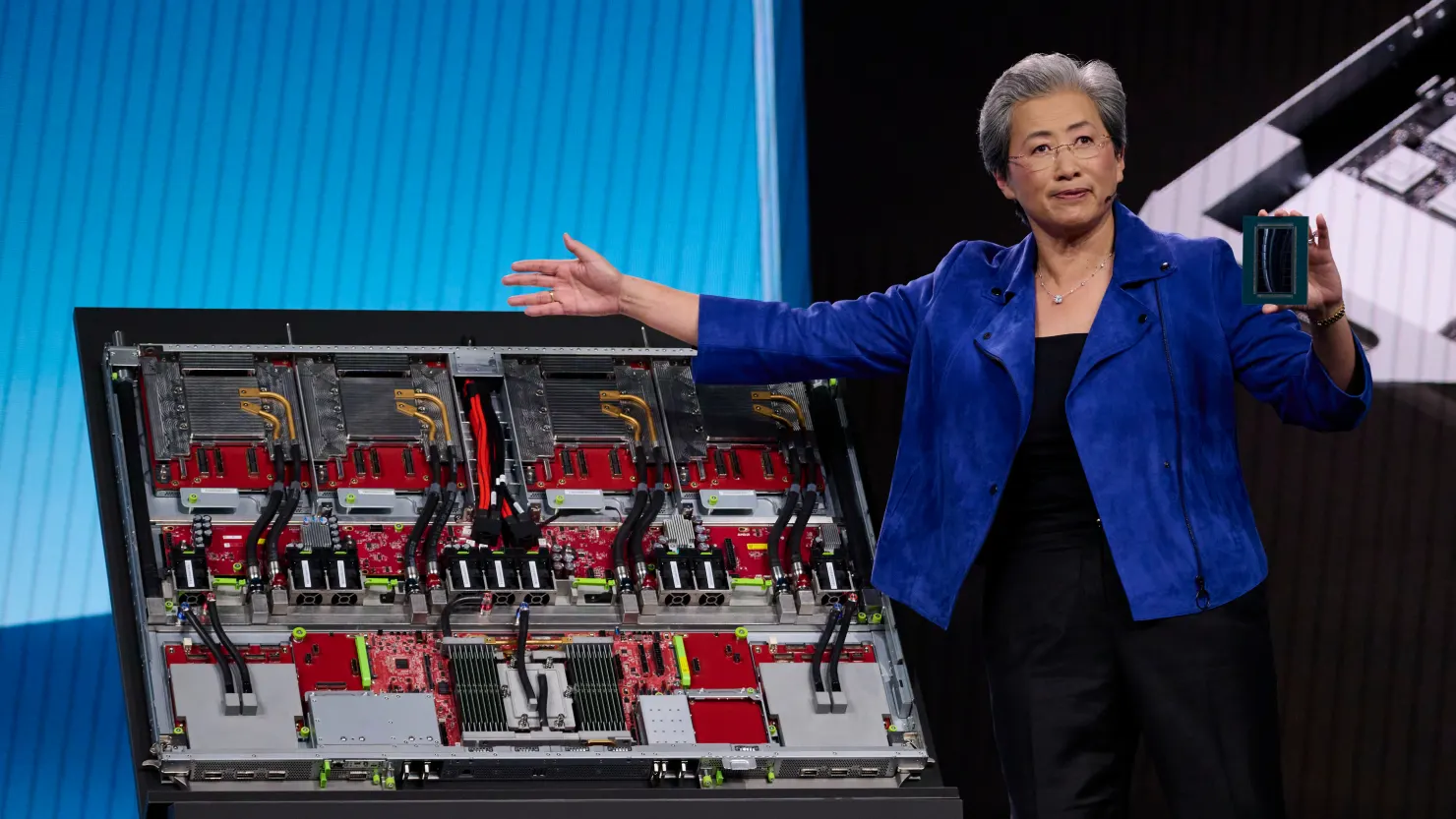The Trump administration has taken new steps to restrict American companies from selling certain high-tech products to China, including software used in semiconductor design and jet engine technology.
The move, first reported by the Financial Times and later confirmed by The New York Times, adds to ongoing trade and technology disputes between the two global powers.
According to sources familiar with the matter, US firms such as Cadence Design Systems, Synopsys, and Siemens EDA have been directed to halt sales of electronic design automation (EDA) software to Chinese customers. These tools are crucial for developing semiconductors, which are integral to modern electronics and national security technologies. The US Department of Commerce has not confirmed the companies involved but stated it is reviewing exports of “strategic significance to China.”
“In some cases, Commerce has suspended existing export licenses or imposed additional license requirements while the review is pending,” a spokesperson told CNN.
In a separate development, the US also suspended certain licenses that allowed companies to sell jet engine components and chemicals to Chinese firms, including the state-owned aerospace manufacturer COMAC. The New York Times reported that these measures were partly in response to China’s recent export restrictions on critical minerals bound for the US.
Siemens confirmed that new export controls had been communicated to the industry regarding chip design software and said it would continue to comply with national export regulations. Cadence and Synopsys declined to comment.
The impact of these restrictions has already been felt in financial markets. Cadence shares dropped 11% and Synopsys fell nearly 10% in New York trading — their sharpest declines since the early stages of the COVID-19 pandemic in 2020.
These developments come as the US and China attempt to negotiate a longer-term trade agreement. A temporary truce in tariff rates was established after meetings in Geneva earlier this month, but the agreement is set to expire in August. Both nations have retained the right to adjust tariffs, potentially reigniting trade tensions.
Chinese officials have criticized the latest US export controls, calling them an overreach of national security measures and a violation of recent diplomatic discussions.
“China firmly opposes the US’s overstretching the concept of national security, abusing export controls, and maliciously blocking and suppressing China,” said Liu Pengyu, spokesperson for the Chinese Embassy in Washington.
While the Biden administration has continued to enforce and expand some of the export controls initiated under former President Trump, this latest move marks another chapter in the broader effort to limit China’s technological advancement — particularly in sectors like semiconductors and artificial intelligence.










The latest news in your social feeds
Subscribe to our social media platforms to stay tuned